A Wolf in Strange Clothing
What makes a hero?
I just read about a marine who disobeyed orders and moved into the line of fire to rescue his fellows. He saved several lives and received a Medal of Honor.
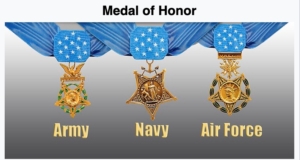
That’s a hero, for sure.
Just the fact that he endangered himself for others is heroic. But strangely, the “disobeyed orders” part feels like icing on the cake. We admire him even more.
Which is interesting, because if we tweak the story so that he disobeyed orders, but failed to rescue anyone or even endangered or brought harm to others, we might call him a fool. He might be court-martialed instead of honored.
Conclusion: Social approval is situational. If George Washington had failed to win the day, we would all be British colonists and calling him a traitor.
But why does disobeying orders in a “winning” scenario stir our admiration?
Because our culture preaches independence. We worship the John Wayne/Clint Eastwood cowboy, alone on the range, needing no one, the thinker/doer who doesn’t give a rat’s hinny what others think of them, the rebel who fights against the system.
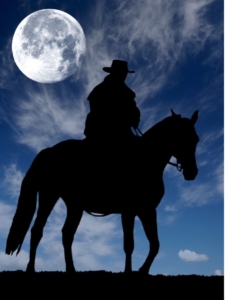
Speaking generally, we in the West are prouder of our successes, more focused on personal growth, and less connected to the people around us than other cultures. (The older I get, however, the more important those connections are.)
Other cultures especially in the Middle and Far East—don’t worship individualism the way we do. They value their entwinement and interconnections, the group over individualism.
One way is not superior to the other. Different cultures emphasize different values, but—
I wonder if Western “individualism” might be more of a thin cultural overlay. Group-think sways us more than we like to believe. In fact, we are daily witnessing group-think in the wolves’ clothing of individualism.
Many define freedom as individualism, choosing our own path, having control of our own destiny. It’s a founding reason for America’s existence.
But history has revealed it is far more complex than that. One person’s freedom is another’s prison. Since the penning of the Amendments to the Constitution, debate over the scope and meaning of “freedom” has continued.
For all our focus on behaving independently, we forget we are hard-wired to care about what others think.
Why? Because we evolved in small groups where being ostracized meant death. A person exiled from the group could not survive in the harsh world of lions, tigers, and bears.
I have to wonder if the tsunami of group-think-in-the-name-of-individualism sweeping our world got switched on because social media presented the reality (or illusion) that a large group of people think the same way. Thus, making it “safe” to move toward or to voice views that would have been anathema a decade ago.
We need our heroes because they are, in essence, stories about who we want to be and who we want our children to be.
But we might need to look closely at how we define them.
![]()
T.K. Thorne writes about what moves her, following a flight path of curiosity, reflection, and imagination.

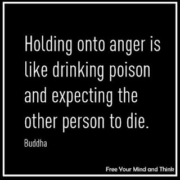
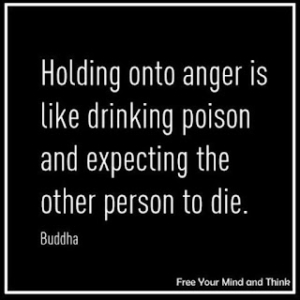 Dear Reader,
Dear Reader,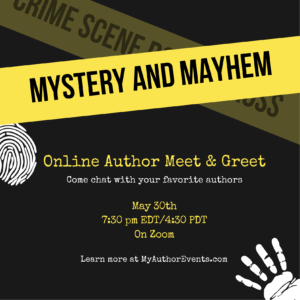 By Lois Winston
By Lois Winston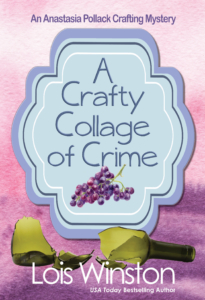 A Crafty Collage of Crime, the 12th book in my Anastasia Pollack Crafting Mystery Series, will release on June 16th. Learn about Anastasia’s new adventure, read the first chapter, and find pre-order links
A Crafty Collage of Crime, the 12th book in my Anastasia Pollack Crafting Mystery Series, will release on June 16th. Learn about Anastasia’s new adventure, read the first chapter, and find pre-order links 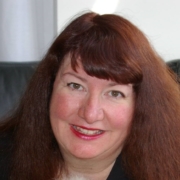
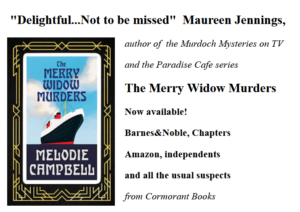
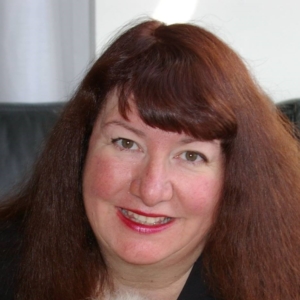 Called the “Queen of Comedy” by the Toronto Sun, Melodie Campbell was also named the “Canadian literary heir to Donald Westlake” by Ellery Queen Mystery Magazine. Winner of 10 awards, including The Derringer (US) and the Crime Writers of Canada Award of Excellence, she has multiple bestsellers, and was featured in USA Today. Her publications include over 100 comedy credits, 16 novels and 60 short stories, but she’s best known for The Goddaughter mob caper series.
Called the “Queen of Comedy” by the Toronto Sun, Melodie Campbell was also named the “Canadian literary heir to Donald Westlake” by Ellery Queen Mystery Magazine. Winner of 10 awards, including The Derringer (US) and the Crime Writers of Canada Award of Excellence, she has multiple bestsellers, and was featured in USA Today. Her publications include over 100 comedy credits, 16 novels and 60 short stories, but she’s best known for The Goddaughter mob caper series.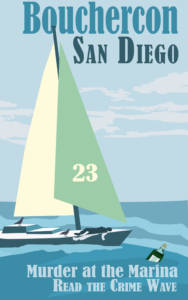

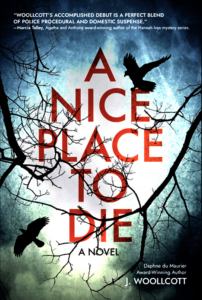
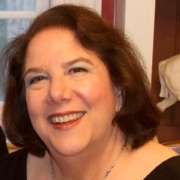
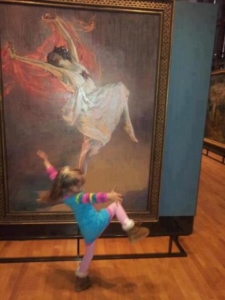

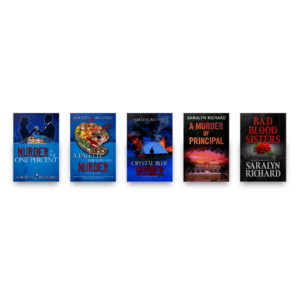 Saralyn Richard writes award-winning humor- and romance-tinged mysteries that pull back the curtain on people in settings as diverse as elite country manor houses and disadvantaged urban high schools. An active member of International Thriller Writers and Mystery Writers of America, Saralyn teaches creative writing and literature, and continues to write mysteries. Her favorite thing about being an author is interacting with readers like you. Visit Saralyn
Saralyn Richard writes award-winning humor- and romance-tinged mysteries that pull back the curtain on people in settings as diverse as elite country manor houses and disadvantaged urban high schools. An active member of International Thriller Writers and Mystery Writers of America, Saralyn teaches creative writing and literature, and continues to write mysteries. Her favorite thing about being an author is interacting with readers like you. Visit Saralyn 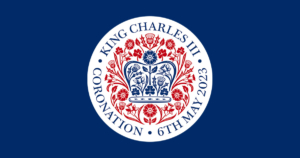
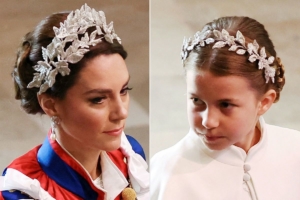
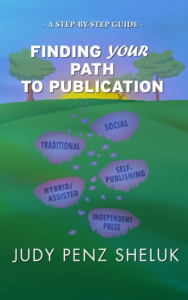 I’m delighted to welcome Judy Penz Sheluk as my guest to talk about her new release: Finding Your Path to Publication: A Step-by-Step Guide. Because I’ve loved her two fiction series: The Glass Dolphin mysteries and the Marketville mysteries, I know this will be a valuable non-fiction tool for writers. See you next month! —Debra H. Goldstein
I’m delighted to welcome Judy Penz Sheluk as my guest to talk about her new release: Finding Your Path to Publication: A Step-by-Step Guide. Because I’ve loved her two fiction series: The Glass Dolphin mysteries and the Marketville mysteries, I know this will be a valuable non-fiction tool for writers. See you next month! —Debra H. Goldstein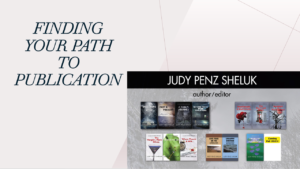 published and publishing options than whether I (or anyone else) had succeeded at NaNoWriMo. That led to the librarian asking if I might be willing to prepare a presentation on the topic. I remembered how much I’d learned since signing my first book contract in 2014, and not all those lessons came easy. In fact, some of them were downright painful.
published and publishing options than whether I (or anyone else) had succeeded at NaNoWriMo. That led to the librarian asking if I might be willing to prepare a presentation on the topic. I remembered how much I’d learned since signing my first book contract in 2014, and not all those lessons came easy. In fact, some of them were downright painful.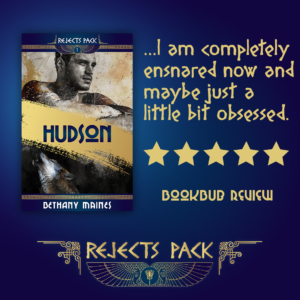 What Readers Are Saying
What Readers Are Saying Bethany Maines is the award-winning author of action-adventure and fantasy tales that focus on women who know when to apply lipstick and when to apply a foot to someone’s hind end. She participates in many activities including swearing, karate, art, and yelling at the news. She can usually be found chasing after her daughter, or glued to the computer working on her next novel (or screenplay). You can also catch up with her on
Bethany Maines is the award-winning author of action-adventure and fantasy tales that focus on women who know when to apply lipstick and when to apply a foot to someone’s hind end. She participates in many activities including swearing, karate, art, and yelling at the news. She can usually be found chasing after her daughter, or glued to the computer working on her next novel (or screenplay). You can also catch up with her on